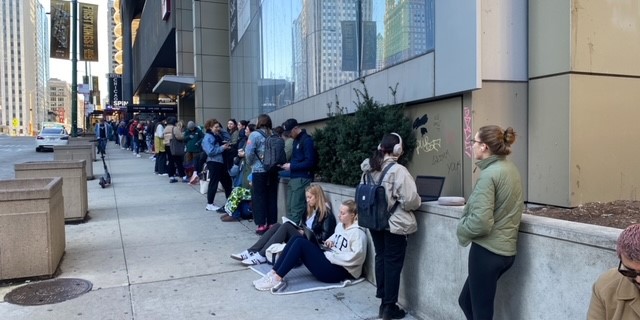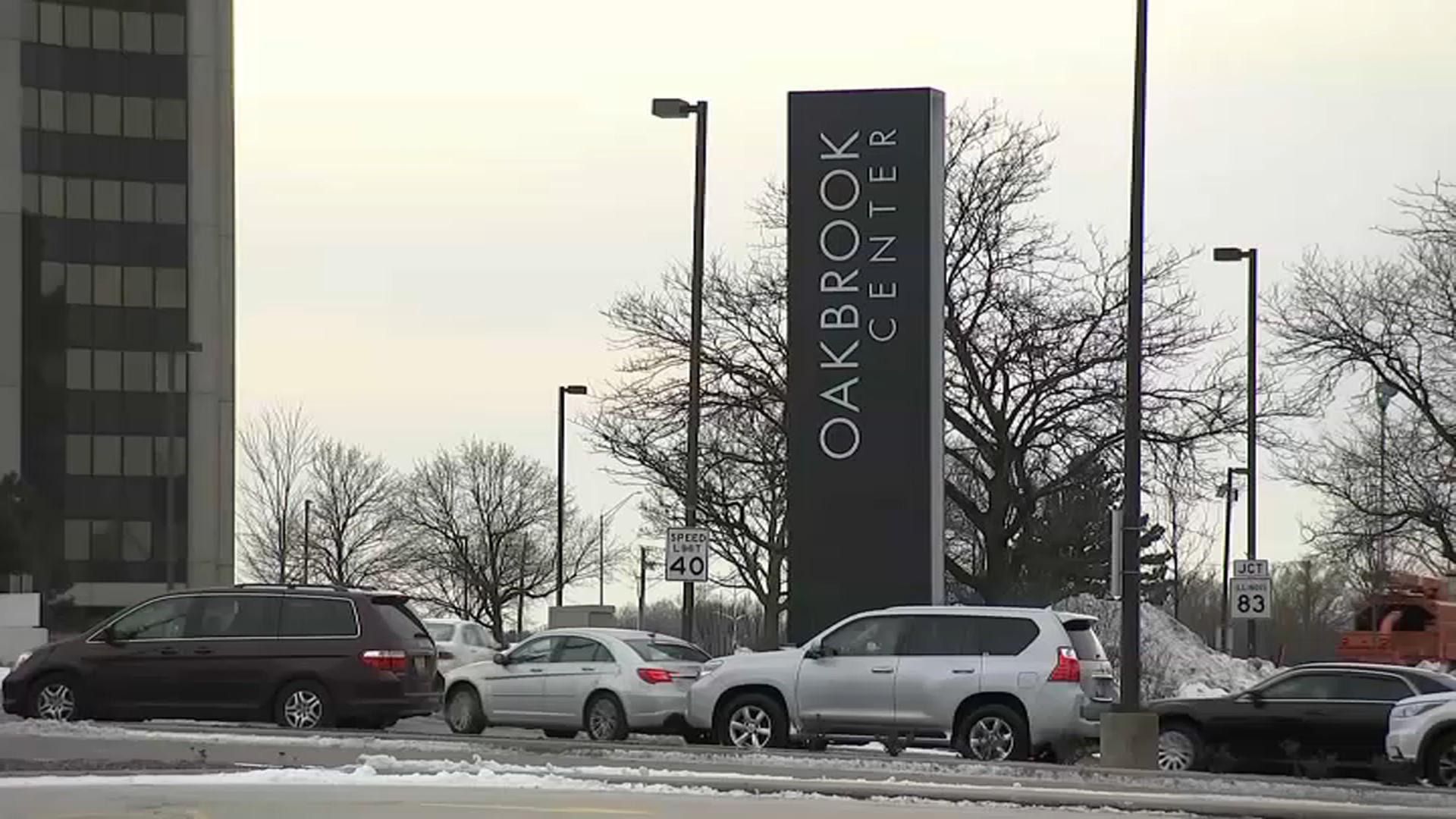Note: You can watch Gov. Pritzker and the DCFS director discuss the report live at a press conference beginning at around 10 a.m. in the video player above.
A critical new report portrays the Illinois Department of Children and Family Services as an agency beset by red tape, where workers feel pressure to keep families together, lack adequate oversight, and are blocked by internal structures from sharing critical information about endangered children.
“DCFS is going to have to address structural, procedural, and cultural systemic issues,” said Dr. Dana Weiner of the Chapin Hall Center at the University of Chicago, which authored the report.
The study targeted the agency’s “Intact Family Services” program, where at-risk children are allowed to stay in their parents’ homes. That program services almost 5,000 families with nearly 12,000 children each year, or about 14 percent of all cases in which maltreatment of children is alleged.
Another 17,465 children of the 23,745 involved with potential abuse investigations who remain in their homes are not a part of the Intact program. The study says this may be because the families are addressing their problems, have declined help, or because the severity of the problem does not merit an Intact referral.
The Chapin Hall report, commissioned by Gov. J.B. Pritzker in response to concerns over child deaths and abuse, found that Intact program cases constituted about 15 percent of 41 deaths examined by the agency’s inspector general. The study found that maltreatment-related child deaths in Illinois have actually declined every year since 2014, despite increases in rates of abuse and neglect.
Among the report’s findings, investigators said workers faced expectations of keeping children in homes, and pressure to close cases within six months.
Local
“Some providers report that when they cannot engage a high-risk family, they may simply close the case,” the report stated. “These closures may be accompanied by hotline calls to notify DCFS of the planned case closing, but this is insufficient for ensuring the children’s safety.”
That term, “failure to engage,” could mean everything from a failure to return investigators’ phone calls, to a refusal to answer the door.
“There probably needs to be a great deal of attention on those cases before they are closed to decide what else could be done to stabilize or address the needs of the children in that family,” Weiner told NBC 5. “I was surprised there was not a protocol directing attention to those high risk cases before they were closed.”
Critics said the report was on target, but pointed out well-known flaws in the DCFS structure.
“It’s basically a bureaucratic mess,” says Charles Golbert, the Illinois Public Guardian. “And we’ve known that for a long time.”
Golbert said private providers have no incentive to keep cases open until problems are resolved.
“They actually get paid less money if the case is still open after six months,” he said. “It makes no sense—it puts bureaucracy and artificial timelines ahead of child safety.”
The agency’s new director suggested he would end any policies which produce artificial deadlines.
“If there is pressure to close cases, I will alleviate that,” Mark Smith told NBC 5. “The pressure and focus should only be on what’s best for the individual family that you’re working with.”
Golbert noted low pay and high turnover at DCFS, where ironically, some of the highest turnover has occurred in the director’s office.
“DCFS has had 13 directors in the last ten years,” he said. “I think it’s important that the director actually stays there.”
Smith, one of Pritzker’s first appointments after taking office, noted his Illinois roots and suggested he is in it for the long haul.
“I’m dedicated to this position,” he said. “And I’ll be here as long as I can effectively serve.”



